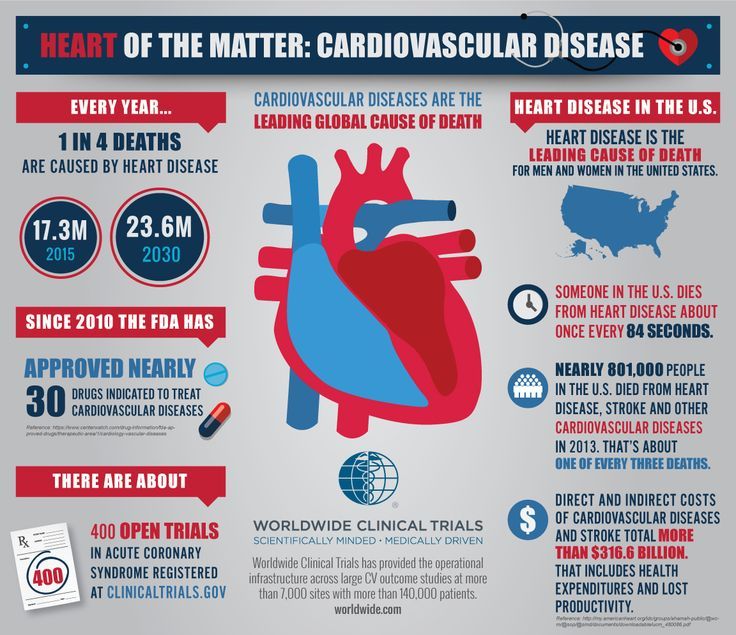In today’s fast-paced world, it is essential to pay attention to our cardiovascular health. Heart diseases and related conditions have become increasingly prevalent, making it crucial to adopt a proactive approach towards promoting heart health and preventing cardiovascular diseases. This article will provide valuable insights into the various aspects of heart health and offer practical tips and recommendations to incorporate into your daily routine.
Understanding Cardiovascular Diseases and their Impact
Cardiovascular diseases, including heart attacks, strokes, and hypertension, are responsible for a significant number of deaths worldwide. These conditions not only affect the quality of life but can also lead to long-term health complications and increased healthcare costs. By understanding the risk factors and taking necessary precautions, we can reduce the chances of developing cardiovascular diseases and enjoy a healthier and longer life.
Adopting a Heart-Healthy Lifestyle
Eating a Balanced Diet
A heart-healthy diet plays a vital role in preventing cardiovascular diseases. Include a variety of fruits, vegetables, whole grains, lean proteins, and healthy fats in your meals. Limit the consumption of processed foods, saturated fats, sodium, and added sugars. Incorporating heart-healthy foods like avocados, nuts, berries, and fatty fish rich in omega-3 fatty acids can have a positive impact on your cardiovascular health.
Regular Physical Activity
Engaging in regular physical activity is key to promoting heart health. Aim for at least 150 minutes of moderate-intensity aerobic exercise or 75 minutes of vigorous exercise per week. Activities such as brisk walking, jogging, cycling, or swimming can improve cardiovascular fitness, strengthen the heart muscles, and reduce the risk of heart diseases. Find activities you enjoy and make them a part of your daily routine.
Maintaining a Healthy Weight
Excess weight puts strain on the heart and increases the risk of cardiovascular diseases. By maintaining a healthy weight through a combination of a balanced diet and regular exercise, you can significantly reduce this risk. Consult a healthcare professional for personalized advice and guidance on achieving and maintaining a healthy weight.
Understanding Risk Factors and Regular Health Check-ups
Manage Stress Levels
Chronic stress can contribute to the development of cardiovascular diseases. It is important to find healthy ways to manage stress, such as practicing relaxation techniques, engaging in hobbies, spending time with loved ones, or seeking professional help if needed.
Avoid Tobacco and Limit Alcohol Consumption
Smoking and excessive alcohol consumption are well-known risk factors for cardiovascular diseases. Quitting smoking and moderating alcohol intake can have significant positive effects on heart health. Seek support and resources to quit smoking, and consume alcohol in moderation, if at all.
Regular Health Check-ups
Regular health check-ups are crucial for the early detection and management of cardiovascular diseases. Schedule annual check-ups with your doctor to monitor blood pressure, cholesterol levels, and overall heart health. This way, potential issues can be identified and addressed promptly, leading to better long-term heart health outcomes.
Promoting heart health and preventing cardiovascular diseases should be a priority for everyone. By adopting a heart-healthy lifestyle, understanding the risk factors, and seeking regular medical check-ups, we can greatly reduce the chances of developing heart diseases. Remember, small changes in our daily routines can make a big difference in our heart health, leading to a healthier and happier life.

